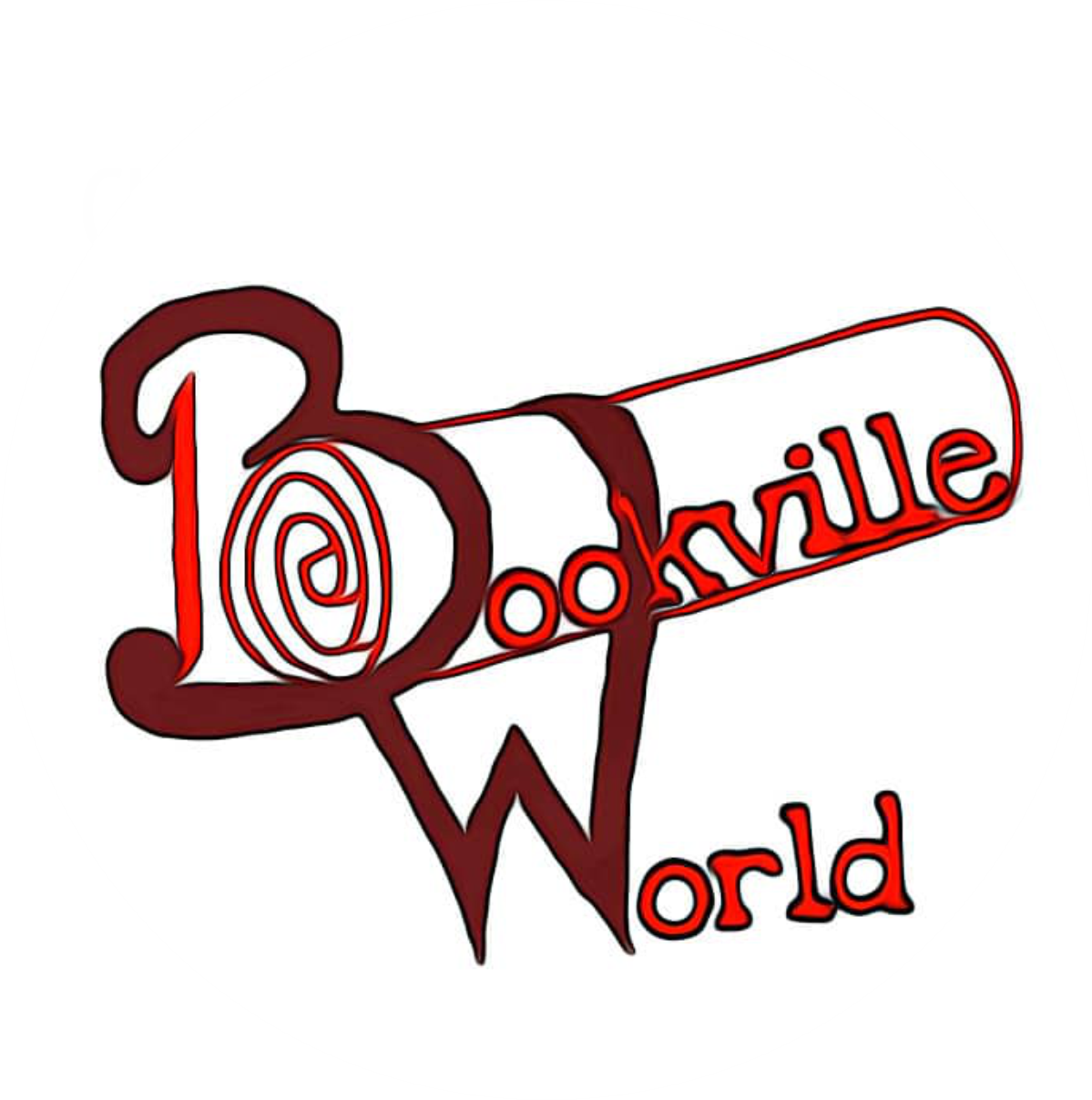
[vc_row][vc_column][vc_column_text]President Jonathan’s campaign to encourage reading cannot come at a better time than at the present moment when the country is beginning to regain its confidence in telling its own story to the world.
A crop of new globally acclaimed authors in the likes of Helon Habila, Chimamanda Adichie, Sefi Attah and Lola Shoneyin, who following the footsteps of their fore bearers Wole Soyinka, Chinua Achebe, Cyprian Ekwensi, Ken Saro-Wiwa, Elechi Amadi and the rest , have joined to create a critical mass of writers that can give meaning to such a national project.
New publishing houses such as Kachifo, Cassava Republic, and Farafina Books working to international standards have also started publishing the works of young writers from within the country.
In the words of the President posted on Facebook , “the Bring Back the Book campaign is a national survival and progressive imperative that must transcend governments… We have no choice but to read and encourage ourselves to read and read and read again”.
In the meantime, many observers have noted that apart from availability of books, which itself is a critical constraint other factors that may impede progress include poverty and low literacy levels. Moreover, there is no National Policy on Books, and as such there is no government-run grants awarding body to support the production of books.
But given the attention the idea of widespread reading is now receiving from government there is some possibility for government to begin to take actions that can halt and reverse the poor reading culture in the country. It is expected that resources would be made available for developing and sustaining a virile book industry that can allow everyone to read, irrespective of their level of education, social class, and economic circumstances. This would also make room for book printers and self- publishing authors now so rampant in the country to be better organized and integrated within an efficient system.[/vc_column_text][/vc_column][/vc_row]
